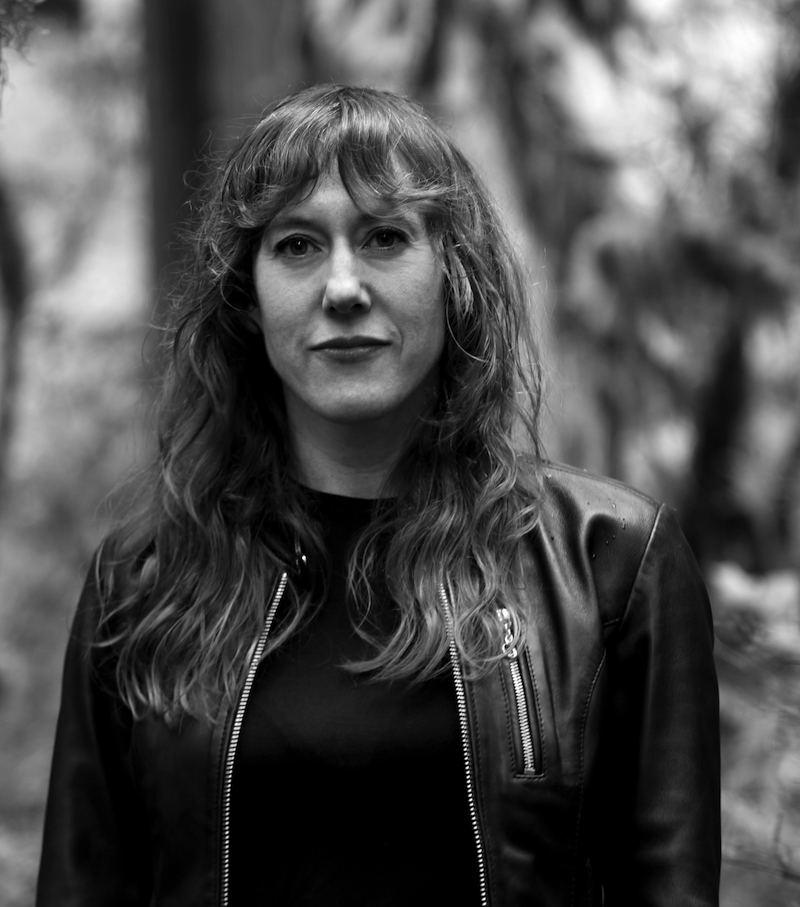
JESSICA SEAGALL US
CAMPO AIR December resident
Supported by the US Embassy in Uruguay
jessicasegall.com
Jessica Segall is an artist that needs discipline based between Brooklyn, NY and Berlin. Hostile and threatened landscapes are the sites for her work. While embedded in these sites, she plays with both the risk of engaging with the environment and the vulnerability of the environment itself, examining a queer ecology. Jessica’s work is built on a foundation of research that often includes cross-disciplinary collaboration and collaboration with scientists, activists and non-human beings. She exhibits her work internationally, including at COP 26, The Fries Museum, The Coreana Museum of Art, The Havana Bienal, The Queens Museum of Art, The Aldrich Contemporary Art Museum, The National Museum of Jewish American History, The Inside Out Museum, The Museum of Contemporary Art, Vojvodina, The National Gallery of Indonesia, The Museum of Contemporary Art, Split, Croatia, The Mongolian National Modern Art Gallery and The National Symposium for Electronic Art. Jessica is a 2023 Guggenheim Fellow and received grants from The Pollock Krasner Foundation, The Rema Hort Mann Foundation, New York Foundation for the Arts, New York State Council on the Arts, The Harpo Foundation, The Virginia A Groot Foundation, The FST Studioprojects Fund, The Puffin Foundation, The Arts Envoy Program and Art Matters. She attended residencies at Van Eyck Academie, MacDowell, Skowhegan, Art Omi, The Sharpe / Walentas Space Program and The Two Trees Space Program among others. Her work has been featured in Cabinet Magazine, The New York Times, Sculpture Magazine, Mousse Magazine and Art in America. Her work is in the collections of the Museum de Domijnen and The Manetti Shrem Museum of Art. She received her MFA from Columbia University and her BA from Bard College.
Sin título (Seguridad Rosa)
Mi trabajo en CAMPO continúa una exploración de ecologías queer y dinámicas de poder en y entre el mundo humano y no humano. Ubicado en el contexto de una economía agrícola tradicional e inspirado por el rodeo local, estoy utilizando las herramientas locales para domesticar el mundo que nos rodea, para el sustento y el poder. Estoy trabajando hacia una instalación que trastorna nuestras expectativas de nuestras relaciones humanas – animal – planta. Escuchar puede ser radical. Dejar atrás los ciclos de violencia puede ser radical. A través del juego, estoy rechazando una postura binaria en el conflicto o la ayuda mutua de la compleja interconexión. Para citar a Donna Haraway, ‘El juego hace posibles futuros a partir de presentes alegres pero peligrosos’.